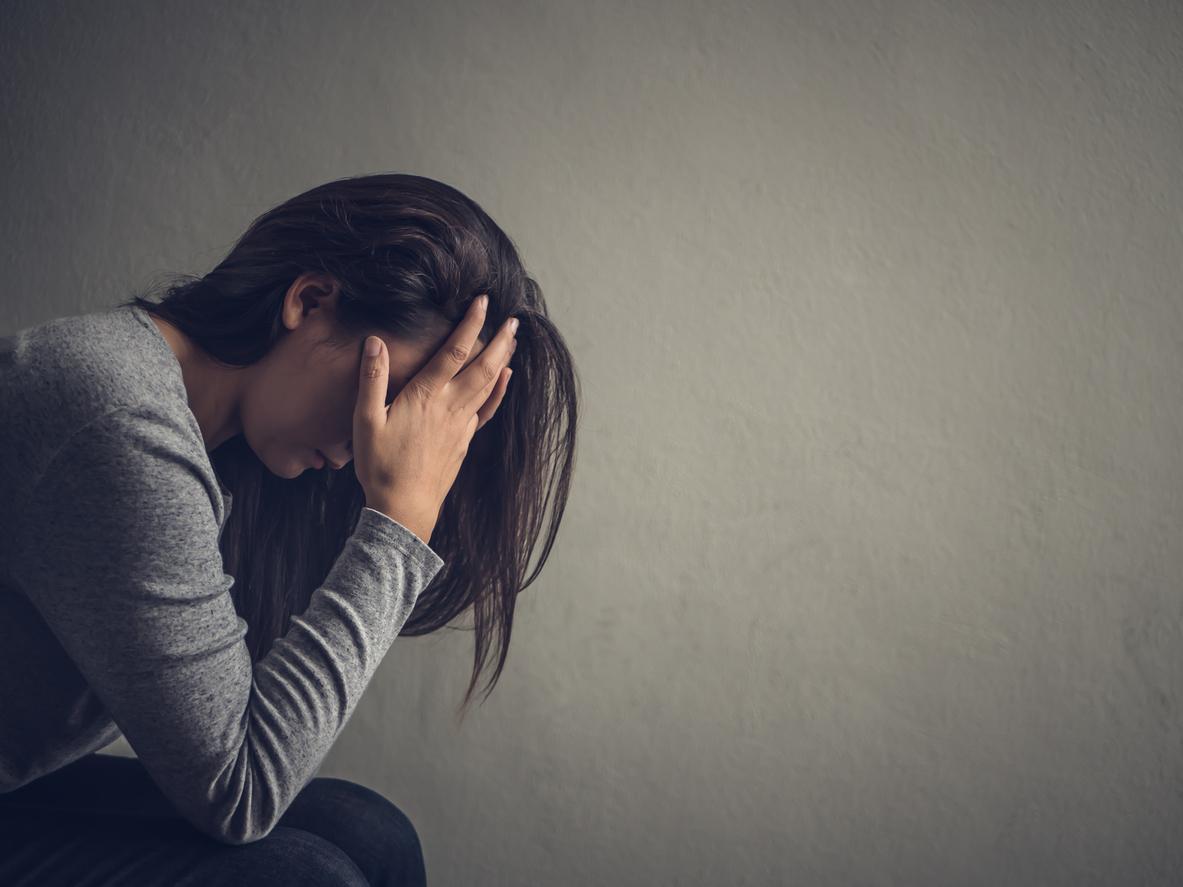We know: the coronavirus epidemic (which began almost a year ago) has had a real impact on the mental health of the French. And men are not spared: According to a recent Social Research Center survey, 22% of male respondents said their mental health haddeteriorated” during the first 6 weeks of the Covid-19 epidemic, and 29% noted a “increase” of theirfeeling of loneliness“.
Unsurprisingly, the harmful effects of the Sars-Cov-2 coronavirus epidemic have been greatest on the elderly: thus, 62% of men aged 45 and over said “feel less connected to their friends” since the beginning of 2020.
Suicide: men are more affected than women
Statistically, this deterioration in the mental health of the population translates into an increase in suicides. Thus, according to a study published in early November 2020 by the Jean Jaures Foundation, 20% of French people had suicidal thoughts in 2020 (25% of artisans and shopkeepers, 27% of unemployed people and company directors); of these, 86% considered ending their lives during or after the spring lockdown…
“The figures show that the problem of suicide more for men“explains Vincent Lapierre, psychologist and director of the suicide prevention center in Paris.
How to explain this over-representation? For Vincent Lapierre, the answer is cultural: “men are expected to be strong, to repress their emotions, to be stable, to represent a solid pillar in the family: as a result, many men do not feel entitled to talk about their suffering, which remains secret… until suicide.“So, according to a YouGov survey for our Psychology colleagues realized in 2020, 1 woman in 3 has already consulted a psychologist when “only” 1 man in 4 has already consulted a therapist during his life.
Suicide prevention: in humans, what are the warning signs?
First thing to know:when they are in psychic suffering, men have a greater tendency to turn to toxic substances than women“explains the psychologist. If your spouse, your brother, your father… smokes more than usual (or starts to smoke), increases his consumption of cannabis (or starts using drugs), drinks beyond reasonable (several glasses a day, with a view to “relaxing”), starting to take medication or increasing one’s consumption of medication (anxiolytics, antidepressants, etc.) this should alert you.
Second warning sign:isolation. “A man who speaks even less than usual, who no longer wants to see his friends, who stops practicing his favorite activities (sport…), who seems unmotivated, tired, worried… is probably in pain“Notes Vincent Lapierre.
The advice of the pro. “In case of doubt, there is a very simple gesture: ask “How’s it going ?” to your spouse, brother, father, friend… and really listen to their response” recommends Vincent Lapierre. For the bravest, the specialist advises to ask “have you ever thought about ending your life?” in order to really put the dots on the “i”!
Suicide prevention: what to do in case of doubt?
Proposed by the international NGO Movember, the “ALEC” method makes it possible to take stock of the mental health of a loved one and to support them in their approach:
- Ask. Take a sincere interest in the mental health of your loved one (friend, relative, colleague…): ask him “how are you?” or “how are you feeling right now?” and encourage him/her to express his/her emotions and feelings.
- Listen. It is not enough to ask the question: you must also listen sincerely to the answer, taking the time to identify any signs of seriousness (suicidal thoughts, permanent sadness, demotivation, loss of hope, desire to disappear, get it over with…).
- Encourage action. There are many resources to prevent suicide: SOS Amitié (09 72 39 40 50 or by email ), Suicide Listen (01 45 39 40 00) or SOS Suicide Phoenix (01 40 44 46 45 or by courier). The complete list of resources on the Ministry of Health website.
- Check in. There is no question of leaving the person in pain alone: it is a question of regularly checking in on them and providing them with support, at least psychological. For example: a phone call from time to time!
[EN VIDEO] Professor Michel Debout (Jean Jaurès Foundation) and Vincent Lapierre, psychologist (suicide prevention center in Paris) decipher the reasons that can lead to the development of suicidal ideas and provide their prevention advice.
Read also :
Over 7% of adults have attempted suicide
Mental health: yoga and meditation, the favorite well-being therapies of the French
Containment and anxiety: who are the French most affected?
















